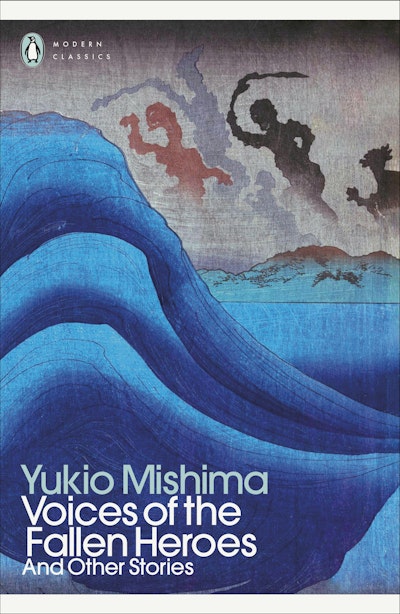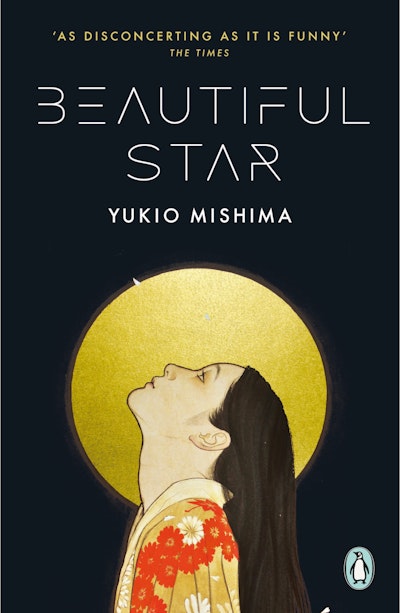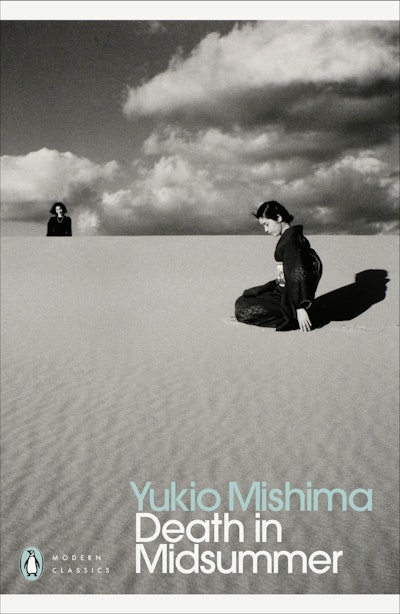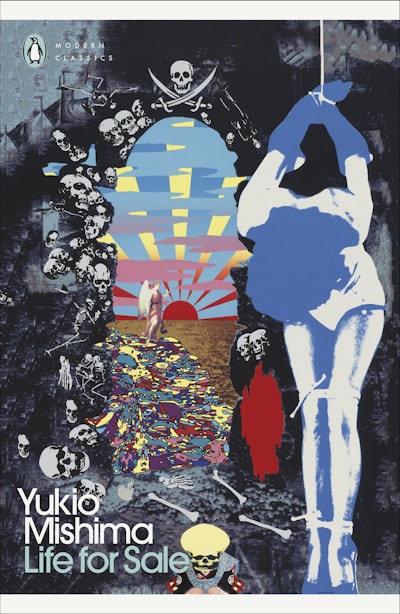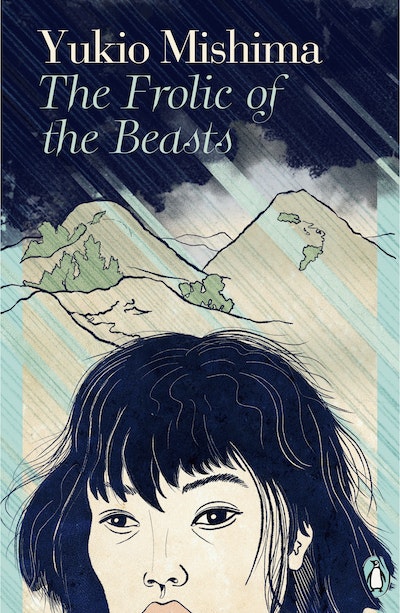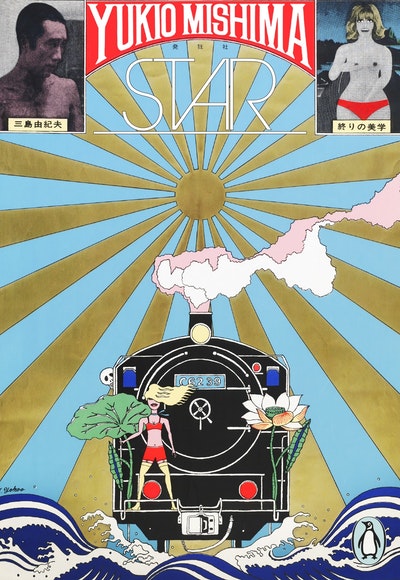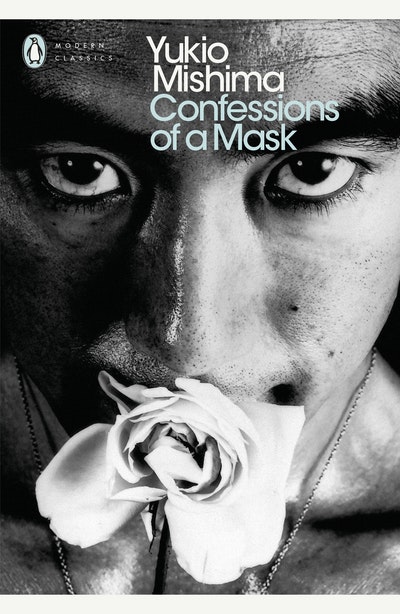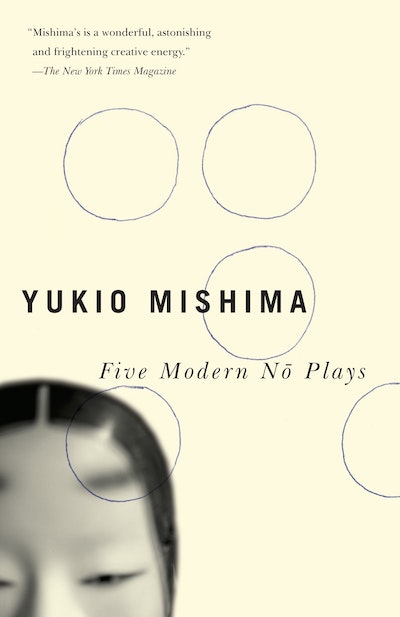- Published: 14 April 2026
- ISBN: 9780241723616
- Imprint: Penguin Classics
- Format: Paperback
- Pages: 272
- RRP: $30.00
Voices of the Fallen Heroes
And Other Stories
- Published: 14 April 2026
- ISBN: 9780241723616
- Imprint: Penguin Classics
- Format: Paperback
- Pages: 272
- RRP: $30.00
In the turbulent sea of the master Yukio Mishima's literature, these stories are waves of fury, desire and delicious cruelty, always kissed by beauty and death. The ghosts and the violence that haunted his last decade of life also offer a glimpse of post-war Japan, a country full of trauma and grief. He wrote always in a frenzy but his style is so elegant and detailed that it seems, and is, timeless. I loved every page and was shaken by the complexity and darkness of these stories
Mariana Enríquez
All of Yukio Mishima is on display in these fourteen short stories — the literary muscle of one of Japan’s greatest ever writers flushed and flexed on every page: all of his phenomenal powers of description; all of the celebrated tenderness and acuity of his writing; all of the man’s gleeful irreverence and originality. Here, too, are the signs of disturbance — of a reactionary politics and a fascination with violence that would lead to his spectacular demise. An important and timely collection of stories by a writer who casts a long shadow across the present
Diarmuid Hester
Mesmerising... wonderfully realised in English... Each one of the stories merits its inclusion in this collection, but two in particular stand out as masterpieces. 'The Flower Hat' is a miracle of compressed tension and potent socio-political discourse... the title story 'Voices of the Fallen Heroes' presents Mishima's art at its most mesmerising, complex and formidable
David Vernon, Spectator
Mishima is the Japanese Hemingway
Life Magazine
One of the greatest avant-garde Japanese writers of the twentieth century
New Yorker
He can be funny, even hilarious, but he is also capable of plunging into the dark psychic depths achieved by Hitchcock
New York Times Book Review
Arresting ... Here, in brutal, brilliant prose, we see a vivid manifestation of Mishima’s obsession with slaughter as a form of art, one that distils his hallmark preoccupations of death and beauty into a singularly intense poetic expression ... what this fine collection consistently demonstrates is how fundamentally, disturbingly, enduringly relevant Mishima’s writing remains
Bryan Karetnyk, Times Literary Supplement
